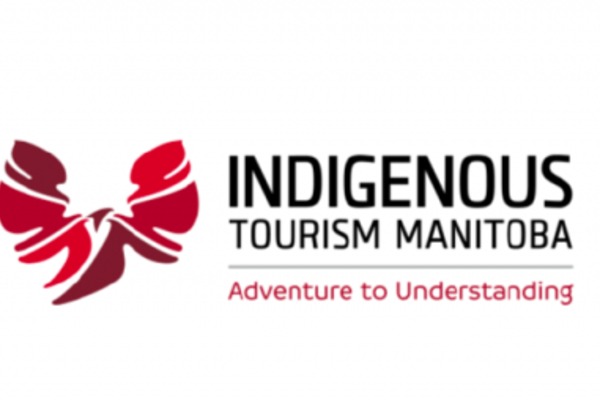New Indigenous Tourism Association Launched In MB

The Manitoba Indigenous Tourism Association (MITA) and an updated Manitoba Indigenous Tourism Strategy were officially recognized and celebrated at the opening of the MITA Virtual Summit this week.
At the Summit opening, the Honourable Alan Lagimodiere, Minister for Indigenous Reconciliation and Northern Relations, said that: “Indigenous tourism experiences are an important part of visiting Manitoba and an opportunity to improve the socio-economic environment for Indigenous communities.”
Noting that tourism is vital for the success and growth of Manitoba’s economy the Honourable Jon Reyes, Minister of Economic Development and Jobs, pointed out that: “Manitoba’s diverse landscape and Indigenous cultures lay the foundation to create and enhance unique, world-class experiences.”
Since 2017, Travel Manitoba and the Indigenous Tourism Association of Canada (ITAC) have been working together to foster the growth of Indigenous tourism in the province, observed Colin Ferguson, President and CEO of Travel Manitoba.
Industry input through regional engagement sessions and direction from the Manitoba Indigenous Tourism Advisory Committee helped develop the first Manitoba Indigenous Tourism Strategy.
Said Ferguson: “Since the Manitoba Indigenous Tourism Strategy was first launched two years ago, significant progress has been made,” and he noted that that progress includes an increase in market-ready and export-ready Indigenous-owned tourism experiences in Manitoba and over $1 million in funding to Indigenous businesses for tourism development and COVID-19 recovery.
He said that: “The outbreak of COVID-19 brought the global tourism industry to a standstill and it has had a deep impact on Manitoba’s Indigenous tourism sector. The updated strategy recognizes the far-reaching impacts of COVID-19 and provides direction for the future.”
Keith Henry, president and CEO of the Indigenous Tourism Association of Canad (ITAC) pointed out that Manitoba’s Indigenous tourism sector has faced additional barriers, including access to some funding programs and severe lock-downs in some communities making the adaptation of business models more challenging.
Said Henry: “Manitoba has a strong, resilient Indigenous culture. This strength will be the foundation for recovery and growth of authentic tourism experiences.”
The vision of the updated strategy is to have a prosperous Indigenous tourism industry across Manitoba, said Dave Daley, Board Chair of MITA and owner of Wapusk Adventures in Churchill.
“Leadership and collaboration are necessary for the Indigenous tourism sector in Manitoba to recover and prosper and this begins with a robust and vibrant tourism association that has a strong voice to lead and advocate for the sector,” he said. “Indigenous tourism is about telling our stories, sharing our culture and contributing to the economic viability of local communities and the province as a whole. This strategy gives us the framework to survive and recover as a sector so that we can continue to meet this potential and tell our stories.”
Daley introduced the other members of the MITA board, including Jason Gobeil, wellness coordinator with Dakota Ojibway Child & Family Services, Sky Bridges, CEO of The Winnipeg Foundation, Edna Nabess, co-owner of Cree-Ations, and Lee Sinclair, Director of Operations with the Paskwayak Business Development Corporation.
The MITA Virtual Summit was organized by the Manitoba Indigenous Tourism Association, Travel Manitoba and the Indigenous Tourism Association of Canada. The summit, while virtual, was hosted in Manitoba which encompasses Treaty 1, 2, 3, 4, and 5 Territory and communities who are signatories to Treaties 6 and 10, the original lands of the Anishinaabeg, Anish-Ininiwak, Dakota, Dene, Ininiwak and Nehethowuk and the homeland of the Métis.


